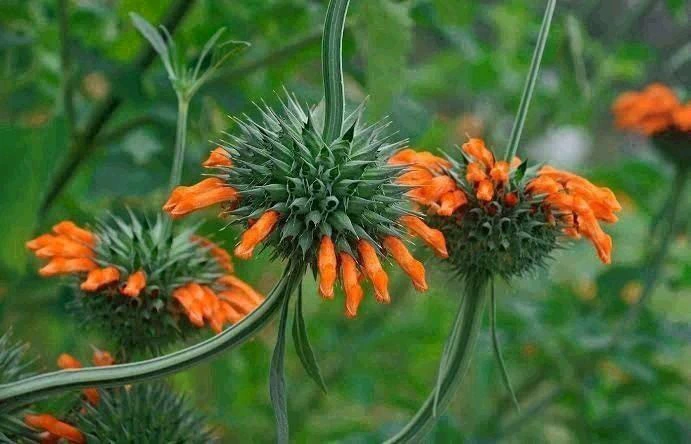Many plants that grow near our homesteads are often overlooked or considered weeds, but many of these plants offer incredible health and environmental benefits that should not be destroyed. Preserving these plants can enhance the biodiversity around your home and contribute to overall well-being.
One of the most common yet beneficial plants is nettle. Often considered a nuisance, nettles are packed with vitamins, minerals, and antioxidants. They can be used to treat a variety of ailments, such as joint pain, allergies, and urinary issues. The leaves can be dried for teas or made into tinctures, and the plant’s high iron content is especially beneficial for those suffering from anemia.
Dandelions are another plant frequently dismissed but are packed with health benefits. The roots, leaves, and flowers are all edible and medicinal. Dandelion roots can help support liver health, while the leaves are great for detoxifying the body and aiding digestion. They also have diuretic properties that help with fluid retention.
Moringa, if you’re lucky enough to have it growing nearby, is one of the most nutrient-dense plants you can find. Known as the “drumstick tree,” every part of the moringa plant is edible. The leaves are particularly rich in vitamins A, C, and E, calcium, and protein, making it an incredible superfood. Moringa is known to lower blood sugar levels, reduce inflammation, and improve overall cardiovascular health.
Mint, which often grows wild near homes, is a popular herb known for its soothing properties. It can alleviate digestive issues like bloating, indigestion, and nausea. Mint is also antimicrobial, helping to freshen breath and fight off infections.
Lastly, aloe vera is a versatile plant that is commonly found in home gardens. Its gel is widely used to soothe burns, cuts, and skin irritations. Aloe vera also has internal benefits, such as promoting digestion, reducing inflammation, and supporting immune function.
Rather than destroying these plants, incorporating them into your lifestyle whether through teas, topical applications, or just appreciating their ecological value can lead to numerous health benefits. Many of these plants are also excellent for attracting pollinators, enriching soil, and providing food for local wildlife, making them important contributors to your homestead’s ecosystem. Respecting and preserving these plants can significantly improve your quality of life.
